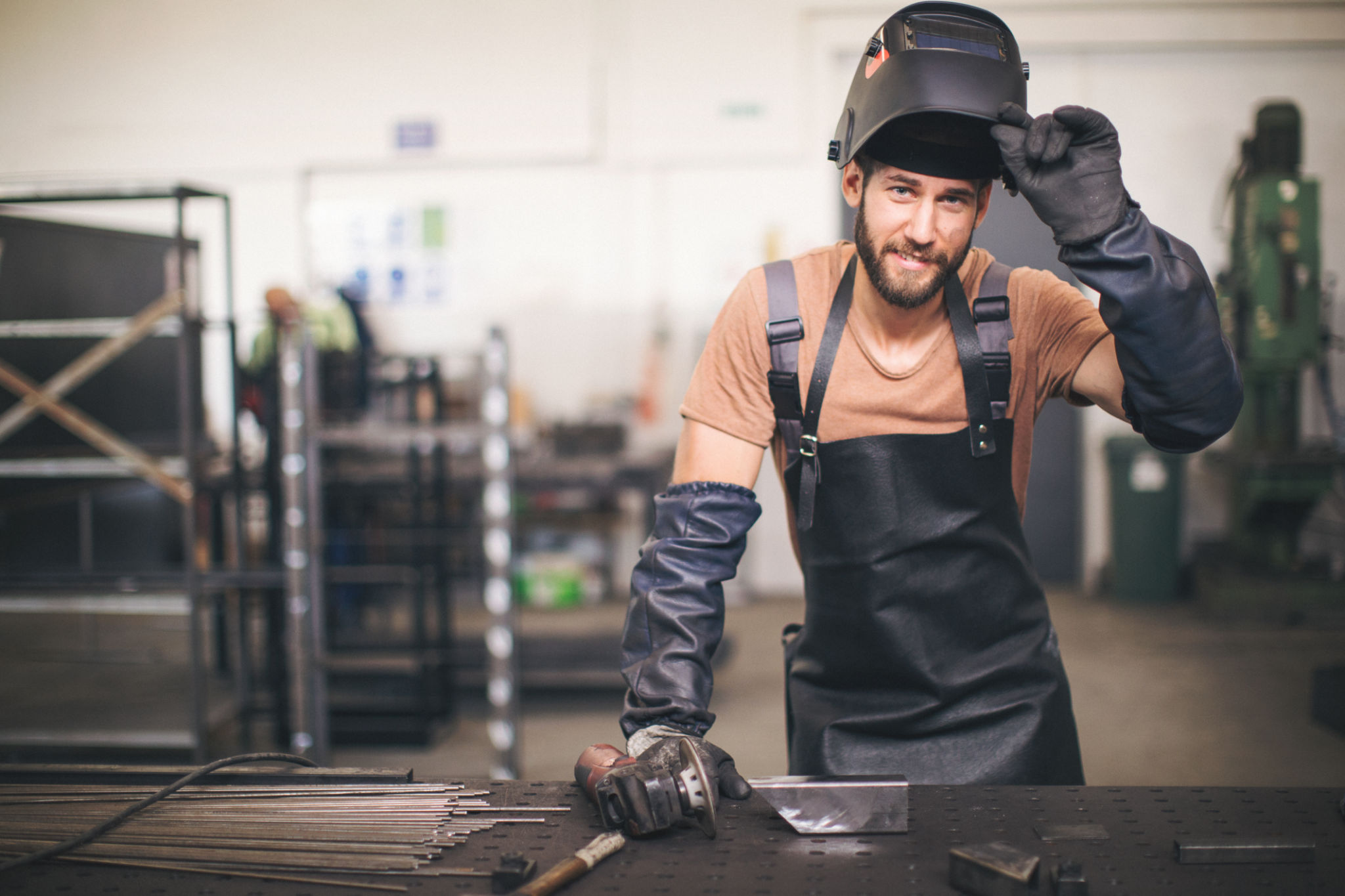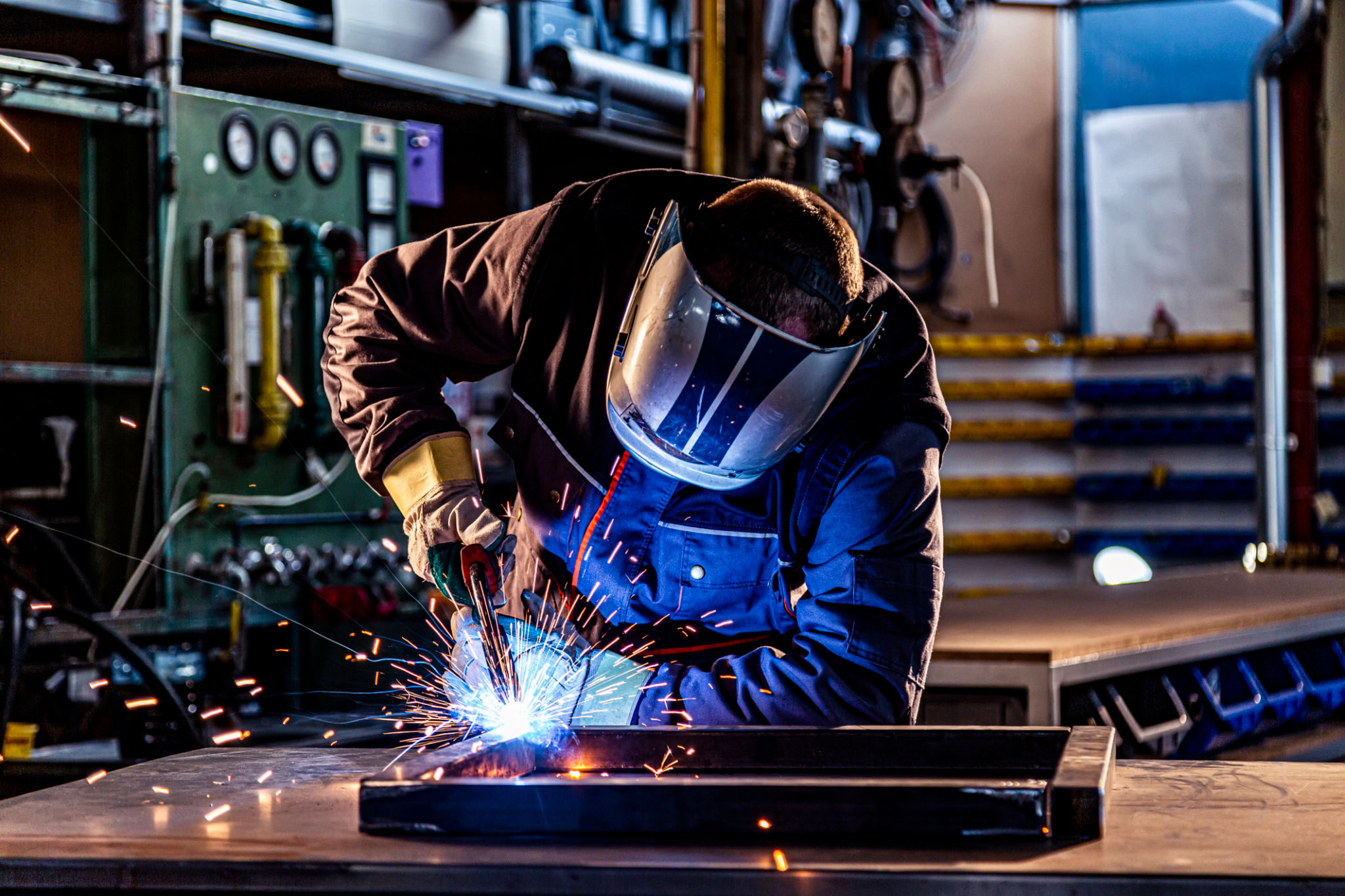DIY Welding Tips: When to Call a Professional for Residential Services
Understanding DIY Welding
Welding is a valuable skill for homeowners interested in tackling various projects around the house. From repairing a broken fence to crafting custom metal furniture, DIY welding can be both rewarding and cost-effective. However, it's important to recognize the limitations of DIY welding and understand when it's time to call in a professional. This post will explore some essential tips for DIY welding and guide you on when to seek professional help.

Basic Safety Precautions
Before you start any welding project, it's crucial to prioritize safety. Always wear appropriate protective gear, including a welding helmet, gloves, and flame-resistant clothing. Ensure your workspace is well-ventilated to avoid inhaling harmful fumes. Keep a fire extinguisher nearby, and make sure your work area is free from flammable materials. Remember, safety should always come first when engaging in any welding activity.
Choosing the Right Equipment
For beginners, selecting the appropriate welding equipment can be overwhelming. Start with a simple MIG welder, which is easier to use and ideal for most household projects. Ensure that your equipment is in good working condition and that you understand how to operate it safely. Regularly check for any wear and tear in cables and connectors, as faulty equipment can pose serious risks.

Projects Suitable for DIY Welding
There are various small-scale projects that are perfect for DIY welding enthusiasts. These include repairing garden tools, creating metal art pieces, or constructing simple steel frames. Such projects are generally straightforward and offer a great way to practice your welding skills. However, it's essential to start with simpler tasks and gradually work your way up as you gain more confidence and experience.
Recognizing When to Call a Professional
While DIY welding is feasible for many household tasks, certain projects are best left to professionals. Here are some scenarios where professional intervention is recommended:
- Structural Repairs: Any welding involving load-bearing structures, such as beams or columns, should be handled by an expert to ensure safety and compliance with building codes.
- Plumbing Work: Welding pipes requires specialized skills and knowledge of plumbing systems. Incorrect welding can lead to leaks or severe water damage.
- Electrical Welding: Projects involving electrical systems demand precision and expertise to prevent potential hazards like short circuits or fires.

Benefits of Hiring a Professional Welder
Hiring a professional welder offers several advantages. They bring expertise and experience, ensuring that your project meets industry standards and safety regulations. Professionals also have access to advanced tools and equipment that may not be available for DIY enthusiasts, allowing them to tackle complex projects efficiently. Additionally, hiring a professional can save time and reduce the risk of costly mistakes.
Finding the Right Professional
If you decide that professional assistance is necessary, take the time to find a qualified welder with a strong reputation. Seek recommendations from friends or family, or check online reviews for credible options. Ensure that the professional is licensed and insured, providing you with peace of mind that your project is in good hands.

Conclusion
DIY welding can be a rewarding hobby that offers both creative satisfaction and practical benefits for homeowners. However, understanding when to call in a professional is crucial to ensuring safety and quality outcomes. By following these tips and knowing your limits, you can enjoy successful DIY welding projects while relying on skilled professionals when necessary.
